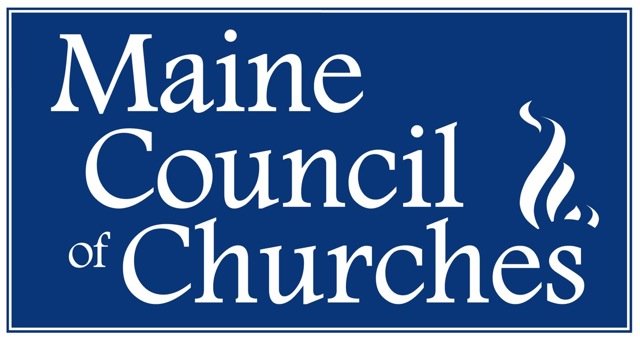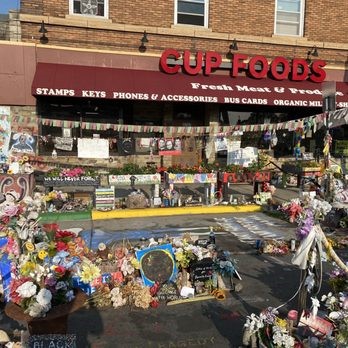LEARN. THINK. ACT.
Outside Cup Foods in Minneapolis there’s an outline of a body drawn on the street. It marks the place where George Floyd took his last breath two years ago, minutes after he was accused of using a counterfeit $20 bill to purchase a pack of cigarettes.
Thinking back to May 25, 2020, it’s impossible not to remember the horrified crowd of people, captured on police body camera and on a bystander’s cell phone camera, screaming at officers to get off his neck. It’s impossible not to remember the nationwide protests in response, demonstrations that put righteous anger and mourning in the spotlight.
Sixty years earlier, when a radio host asked novelist James Baldwin about being black in America, he responded, “To be a Negro in this country and to be relatively conscious is to be in a state of rage almost, almost all of the time … part of the rage is this: It isn’t only what is happening to you. But it’s what’s happening all around you and all of the time in the face of the most extraordinary and criminal indifference, indifference of most white people in this country, and their ignorance.”
Though the rage described by Baldwin and demonstrated by protestors is, as philosopher Amia Srinivasan says, “an appreciation of injustice,” an appropriate response to the moral horrors at hand, it is too often met with hostile criticism by those who have a greater stake in maintaining civility than in correcting injustice.
Sometimes anger is a fitting response to harm and wrongdoing. Black communities and their allies have a stake in crying out in response to injustice, in part because such demonstrations hold the potential for transformative outcomes. They can elicit strong responses in those with the privilege of not needing to see and attune us to recognizing injustice and being motivated to do something about it.
But what does this mean for people of faith and good will who are as serious about our commitment to civil discourse, respect, and honoring the dignity of all—even those with whom we disagree—as we are about our commitment to anti-racism?
Come explore this important question with us on Thursday, May 5, in an interactive event led by Dustin Ward of It Is Time, LLC, whose approach of “Learn. Think. Act.” will help us, in the words of Maya Angelou, “know better, do better.”


